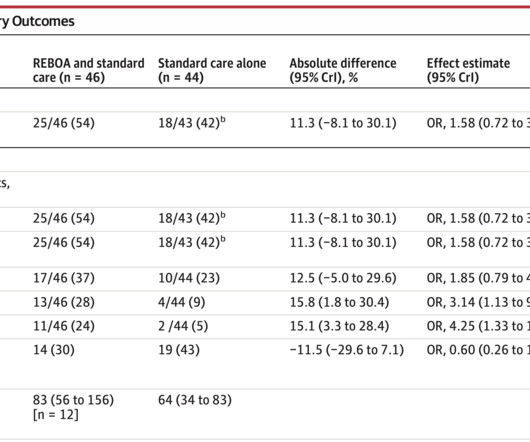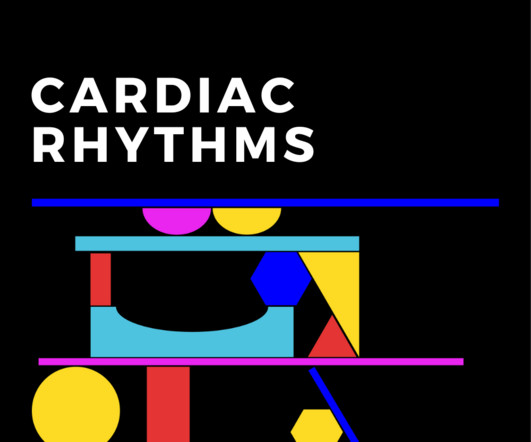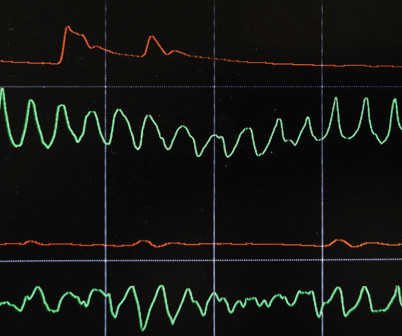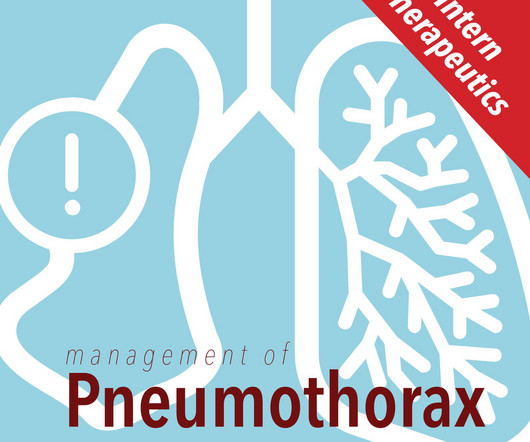Extreme shock and cardiac arrest in COVID patient
Dr. Smith's ECG Blog
NOVEMBER 12, 2020
He underwent CPR, and regained a pulse after epinephrine, with an organized narrow complex rhythm at 140, but still with severe shock. Assessment was severe sudden cardiogenic shock. He remained hypotensive and in shock. Cardiovascular Implications of Fatal Outcomes of Patients With Coronavirus Disease 2019 (COVID-19).



















Let's personalize your content